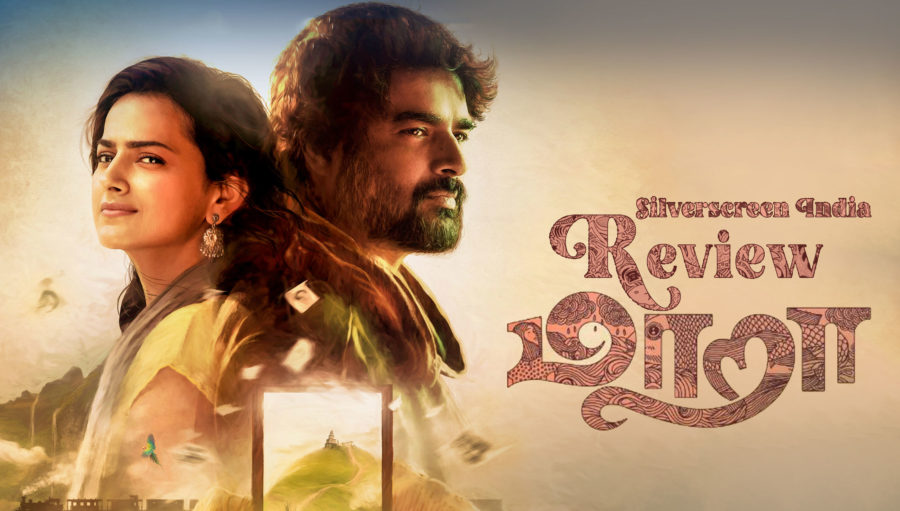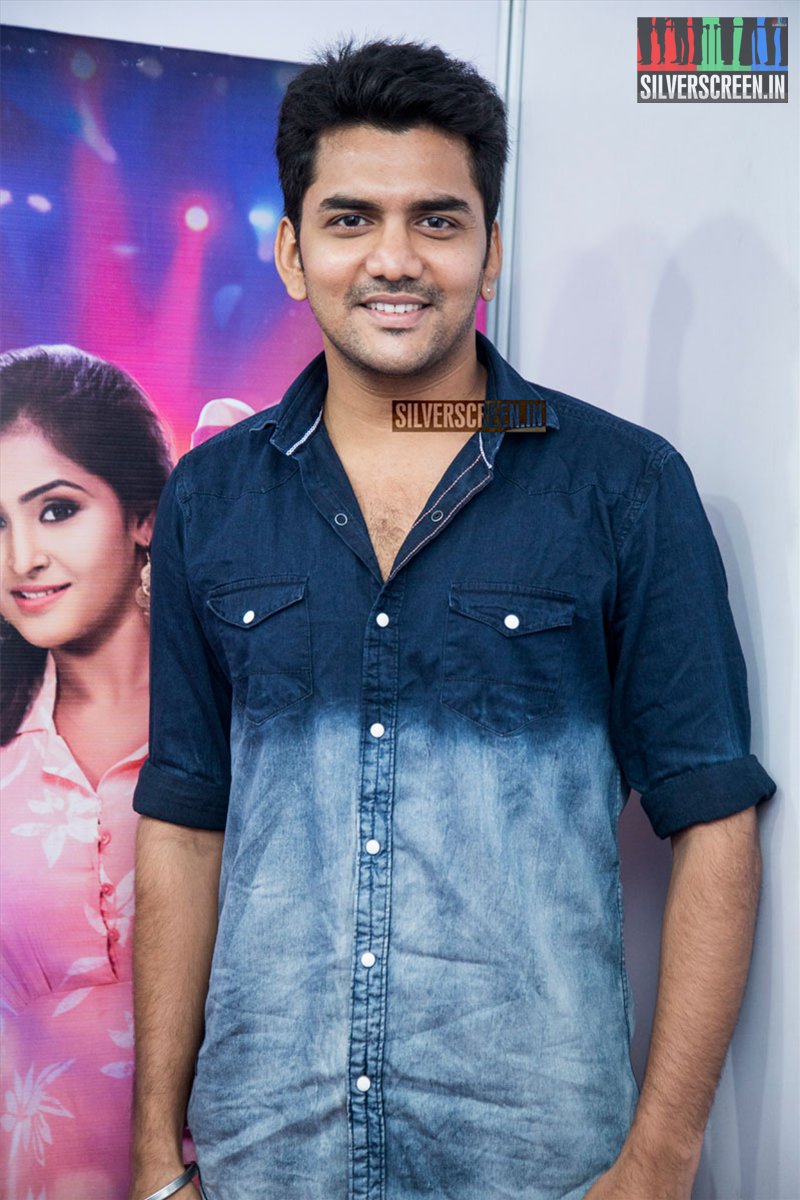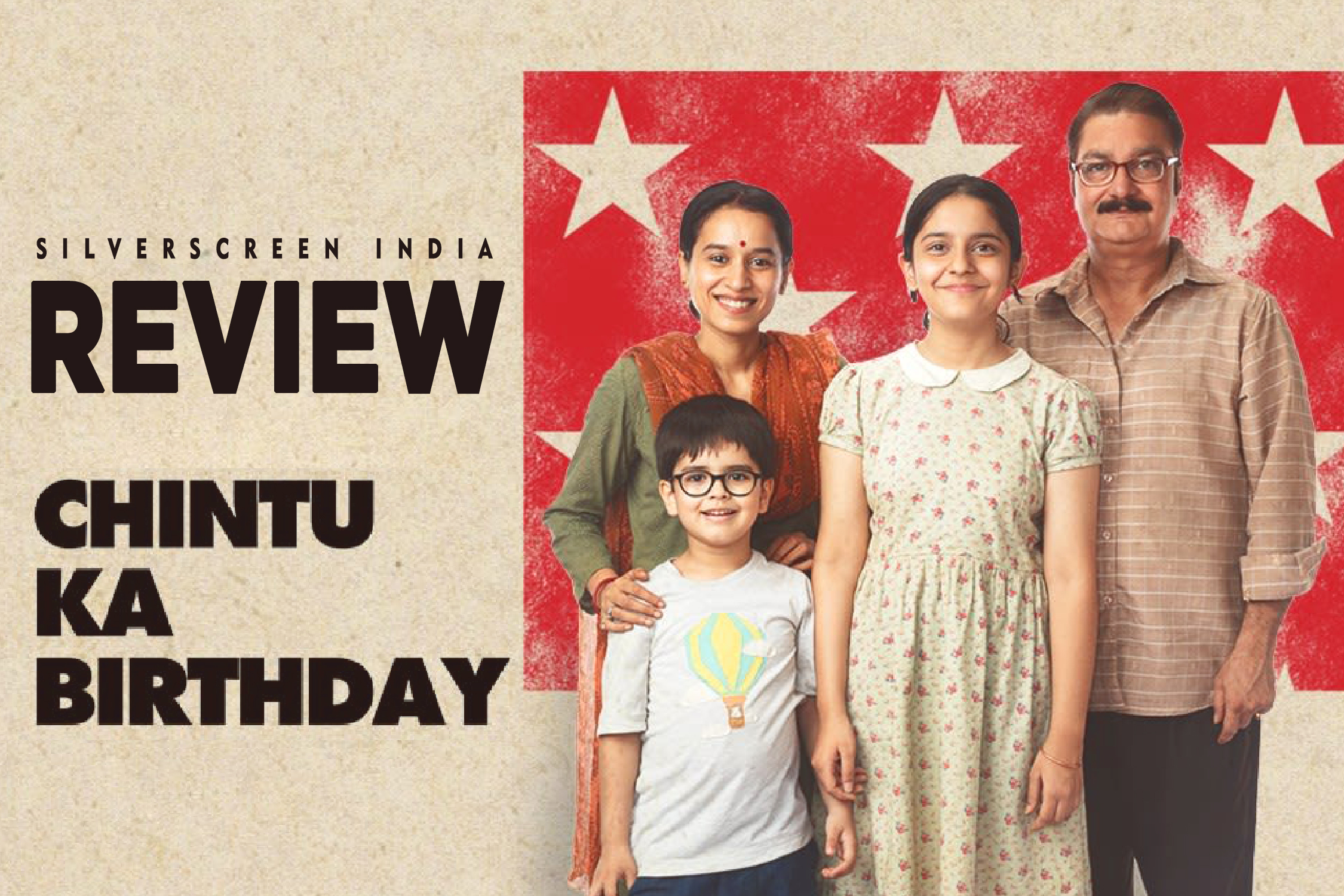Director: Dhilip Kumar
Cast: R Madhavan, Shraddha Srinath, Sshivada, Moulee, Alexander Babu
A palimpsest is an interesting device for a remake/adaptation. In Dhilip Kumar‘s Maara – remake of Martin Prakkat’s Malayalam film Charlie – we meet Velaiyya (Moulee) who used to be a postman working in the Returns department. He has a letter with him – professing love for his first and only love which remains unfulfilled to the day – with its words corroding every day and to preserve this memory he rewrites the same letter over the original. Like a palimpsest. That forms Velaiyya’s story.
Stories and the instrument of storytelling are central devices in Maara. Written by Bipin Ragu and Dhilip, adapting Unni R’s original story, Maara begins like a frame narrative, a folktale retold to a little girl, with a near mythical connect (though this prologue ends with a myth that could have been avoided – placing a metal object in the hands of a person having a seizure). But Maara concerns itself with different tales coming together and threads neatly tied up, every tale reaching its logical or romantic conclusion. It was Velaiyya’s job to help the letters, a repository for stories, reach their destination. The palimpsest survives, restored to its original glory.
Enter Paaru (Shraddha Srinath), who works in restoration, taking a natural interest in history and heritage. Paaru in Charlie is a graphic designer, likely to have her charmed by the interiors of Charlie’s part art museum, part toy store home. One of the major selling points of the original is Jayashree Lakshminarayanan’s art direction. Ajayan Chalissery does the artwork here and some of it comes off as artificial and touristy. Maara’s (R Madhavan) home has vintage posters and his own artistic endeavours.
In Charlie, Paaru is impressed by what she sees, but here Paaru is besotted by a welcoming familiarity, something that has stayed within her for decades only to be excavated by the folksy Maara she hasn’t even met. The location is once again Kerala and I could not help but wonder about a Tamil Nadu setting, something that wasn’t directly lifted and superimposed. The accent of the guy who shows houses for rent to Paaru is neither Tamil nor Malayalam. This translates to Maara being neither here nor there, with the middle portions a frame-to-frame remake of Charlie that only adds flab to a narrative that began with promise. It is tiring to see an unauthentic recreation of the Malayalam film’s hippie energy instead of finding a way to place it in an already multicultural potpourri that Tamil Nadu can be.
Dhilip makes some curious choices with his alterations. It is in his hands that the first thread – Maara’s unfinished graphic novel on his midnight adventure with a thief – becomes a semaphore that guides other smaller subplots. He even gives wings to the origin of Maara, a backstory on where and how he came to be, something that is not present in Charlie. And this too has a neat connect to Paaru’s story, the scene compelling enough on its own to rekindle our interest in the film after watching one too many frames of the source material.
These are necessary choices, because one of the issues with Charlie is that the most uninspiring character in the film is the eponymous character. Dhilip does away with the aura and mystery around Maara and rewrites him as someone who is jolly and happy-go-lucky but is human, nonetheless. And Madhavan plays him straight and loose. He’s not a wizard or enchanter the way Dulquer Salmaan played him. In case we don’t get it, the film takes a dig on Maara’s saviour complex and allows him to fail.
Recommended
Maara does not retain the fantasy elements and instead goes for a mumblecore aesthetic as it chugs along which makes the latter half more impactful. That’s why the tonal shift in the end is not a dealbreaker. Little details, like the folk tale in the prologue sharing elements with Velaiyya’s letter, add colour to the film in ways the painfully constructed bohemian locations never could. This is probably not intentional, but storytelling and the transient nature of memory is further solidified by watching actors like RS Sivaji, Moulee, Junior Balaiah who have been part of Tamil cinema consumers’ consciousness for decades.
One of Dhilip’s wisest decisions is to place the leads on equal footing and make them two peas in a pod – Paaru and Maara are both slaves to the idea of finding stories, which is why when the roles are reversed, the end feels like a beginning.
****
Maara is streaming on Amazon Prime Video.
****
The Maara review is a Silverscreen original article. It was not paid for or commissioned by anyone associated with the film. Silverscreenindia.com and its writers do not have any commercial relationship with movies that are reviewed on the site.



